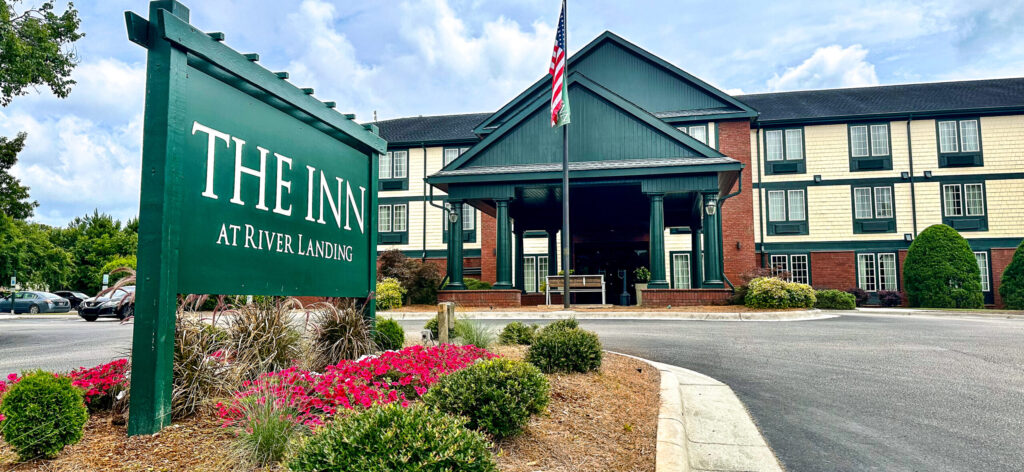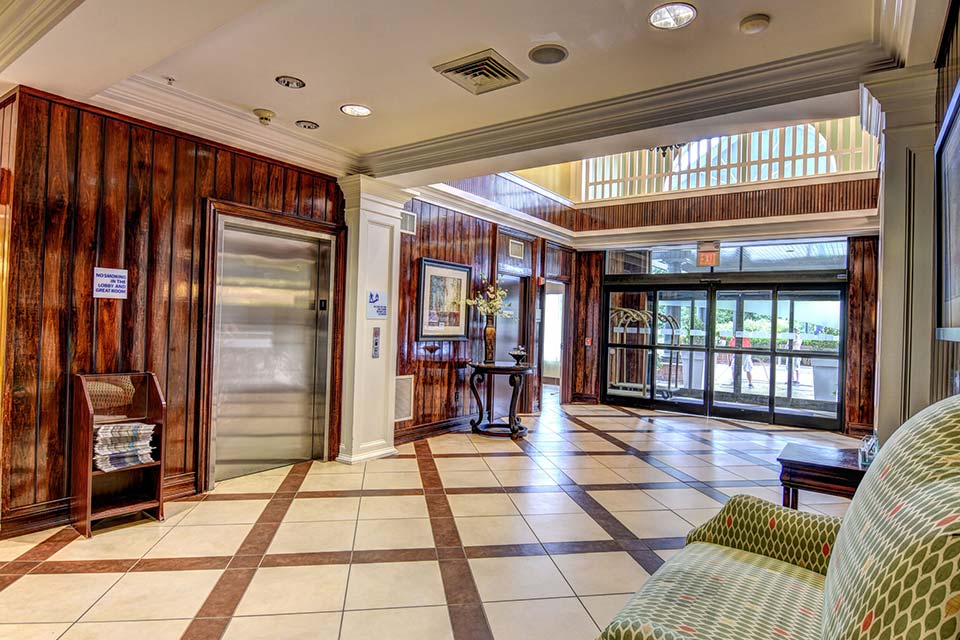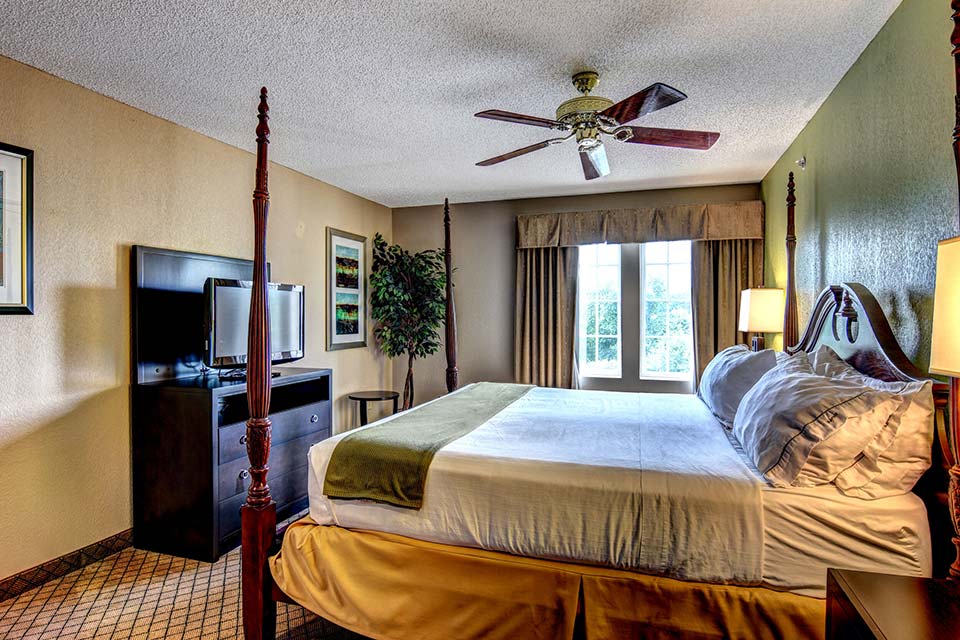The excitement of travel often begins with the anticipation of checking into a hotel, where comfort and relaxation await. However, seasoned travelers know that the hotel experience is governed by a set of rules, with check-in and check-out times being critical components.

In this article, we delve into the intricacies of hotel check-in and check-out times, exploring their strictness, the rationale behind the common 11 AM checkout, the 3 PM check-in norm, and the repercussions of deviating from these schedules.
How Strict is Hotel Check-in Time?
Hotel check-in times are typically set in the early to mid-afternoon, with 3 PM being the standard. This timing aligns with the industry’s effort to ensure that rooms are adequately cleaned, prepared, and inspected before guests arrive.
While 3 PM is the norm, the strictness of this policy varies from one hotel to another. Some establishments are more lenient, allowing guests to check in earlier if rooms are available. However, during peak seasons or when hotels are fully booked, adherence to the designated check-in time becomes more stringent.
Hotels often communicate their check-in policies to guests during the booking process or through email confirmations. It’s advisable for travelers to check these details beforehand to avoid any inconvenience. Some hotels may offer guests the option to store luggage if they arrive before the official check-in time, allowing them to explore the surroundings or relax in common areas while waiting for their room to become available.
Why is Checkout at 11 AM?
The standard 11 AM checkout time is deeply ingrained in the hotel industry. This timing allows hotels to efficiently manage the turnover of rooms. After guests depart, housekeeping staff needs sufficient time to clean, sanitize, and inspect each room before the next guest arrives.

The 11 AM deadline strikes a balance between providing guests with a reasonable amount of time to get ready and leave and ensuring that the hotel staff has ample time to maintain the quality and cleanliness of the rooms.
It’s worth noting that while 11 AM is the conventional checkout time, some hotels may offer later checkout options upon request or as part of loyalty programs. However, such extensions are often subject to availability and may come with additional fees. Guests should communicate their needs with the hotel in advance to explore these possibilities.
Why do Hotels not Let you Check-in Until 3 PM?
The 3 PM check-in time, though inconvenient for some early arrivals, serves a crucial purpose for hotels. It provides a window for the cleaning and maintenance crews to turn over rooms efficiently. This break between check-out and check-in allows staff to thoroughly clean and inspect each room, ensuring that it meets the hotel’s standards for the next guest.
Additionally, hotels need time to address any maintenance or repairs that may be necessary in a room after the previous guest’s departure. By enforcing a consistent 3 PM check-in time, hotels can uphold the quality of their accommodations and create a positive experience for arriving guests.
What Happens if You Check-in Late?
Late check-ins are a common occurrence in the world of travel, especially for those arriving after a long journey or due to unforeseen circumstances. Fortunately, many hotels are equipped to handle late arrivals. However, it’s essential to communicate with the hotel in advance if you anticipate arriving after the standard check-in time.
In the event of a late check-in, hotels may hold the room for the guest or release it if no communication is received. Some hotels operate a 24-hour front desk to accommodate late arrivals seamlessly. It’s crucial to note that some hotels may charge a fee for late check-ins, so it’s wise to check the hotel’s policies and communicate any delays promptly.
What Happens if you Don’t Check out of a Hotel by 11 AM?
The 11 AM checkout time is not just a suggestion; it is a crucial aspect of hotel operations. If guests fail to check out by the specified time, they risk inconveniencing the hotel’s staff and other arriving guests. Most hotels have strict policies regarding late checkouts to ensure the smooth transition between guests.

If a guest overstays the checkout time, hotels may impose late checkout fees. These fees can vary depending on the hotel’s policies and the duration of the delay. In extreme cases, hotels may charge for an additional night if the room is not vacated promptly.
Conclusion
In the intricate dance of hotel operations, check-in and check-out times play a vital role. The standardization of these times, while occasionally inconvenient for guests, is essential for hotels to maintain the quality of their accommodations and provide a seamless experience for every visitor. Understanding the reasons behind the 3 PM check-in, the 11 AM checkout, and the potential consequences of deviating from these norms can empower travelers to navigate the rhythms of hotel stays with ease and consideration for the establishments that strive to make their journeys comfortable and memorable.
Hotel in Wallace, NC
Experience the perfect blend of relaxation and recreation at The Inn at River Landing in Wallace, NC. Nestled alongside our premier golf course, we offer exclusive stay and play packages that let you enjoy luxurious accommodations and world-class golfing all in one incredible deal. Whether you’re an avid golfer or simply looking for a serene getaway, our packages provide the ultimate value and convenience. Book your stay at The Inn at River Landing today and immerse yourself in the unparalleled beauty and charm of our picturesque location.











